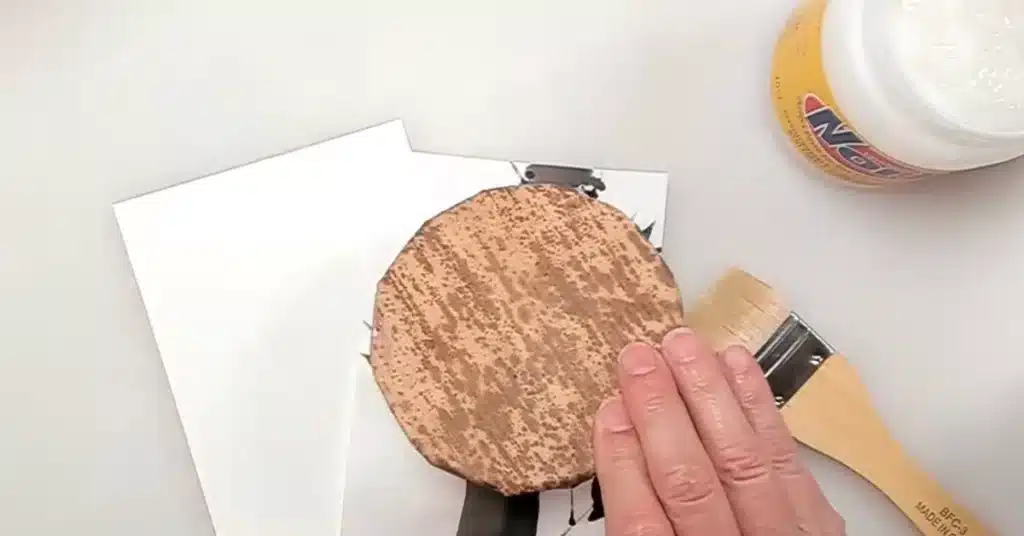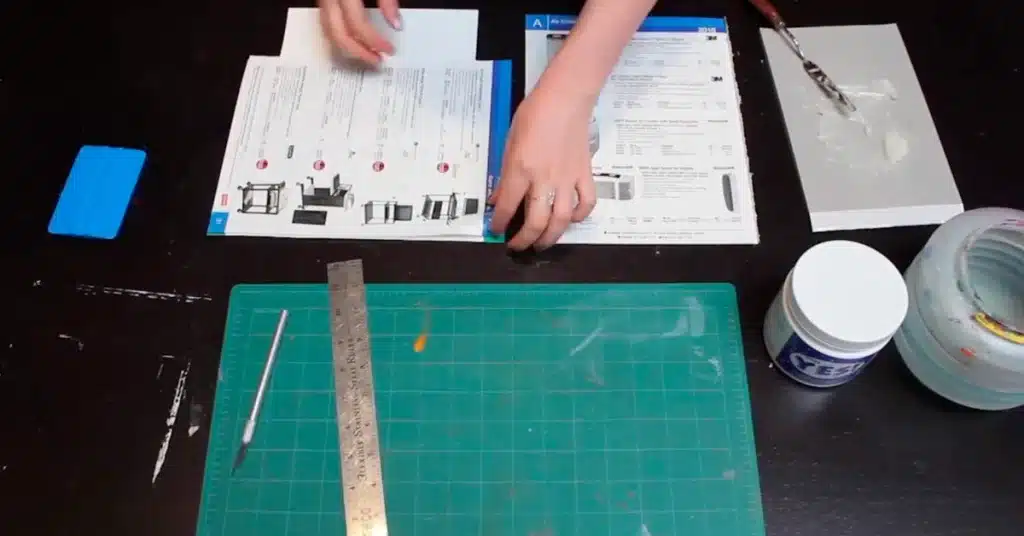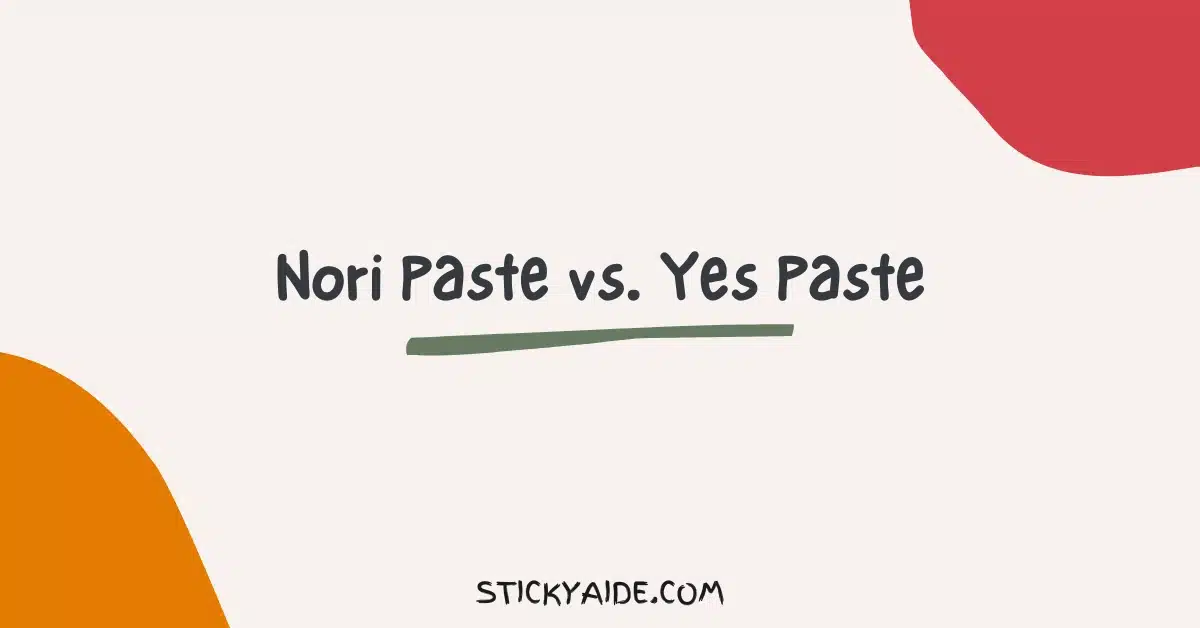When looking for the best glue for your DIY and craft projects, you obviously have come across the Nori Paste and Yes Paste glues.
Even though they seem to work the same, there are significant differences between these two.
I have discussed Nori Paste vs. Yes Paste in detail below so that you know which one to pick for your specific project.
Keep on reading below to find out more.
Read More: Flex Paste Vs. Flex Seal
Nori Paste vs. Yes Paste
Overview of Nori Paste
Nori Paste is a type of adhesive that is used in arts and crafts projects. Made from natural starch and with a thin consistency, this glue is easy to apply and can be used on delicate materials like tissues.
One remarkable feature of this starch glue is that it is slow drying, which means that you have enough time to work with it.

Overview of Yes Paste
Yes Paste is also a starch-based all-purpose adhesive used mainly on various creative projects. Even though it is made from starch, it is super thick in consistency and might need water to be diluted.
However, because of its low water content, this glue will not wrinkle or curl lightweight materials and can be used effectively on your DIY projects.
Read More: Yes Paste vs. Mod Podge
Quick Comparison
I have summarized and listed all the major differences between Nori Paste and Yes Paste for a quick glance.
| Properties | Nori Paste | Yes Paste |
| Compatible Material | Craft, fabric, delicate materials | Wood, Glass, Paper, Leather, Metal |
| Consistency | Thin and Smooth | Ultra Thick |
| Clean-Up | Easy to clean up with water. | It can be challenging when dried |
| Price | Affordable | Slightly Expensive |

What’re The Differences Between Nori Paste And Yes Paste?
Now let me discuss all the differences between Nori Paste and Yes Paste in detail so that you know them even better.
Compatible Materials
One major difference between Nori Paste And Yes Paste is the materials they are compatible with. For instance, as Nori is thin, lightweight, and smooth, it is perfect to use on delicate materials like paper, tissue, fabric, photos, and others.
This glue wasn’t designed to use on vellum, plastic, or metal
However, the same isn’t true for Yes Paste glue. This strong adhesive can be used on most materials like leather, wood, metal, glass, paper, and many more.
Also, as it dries clear, you wouldn’t have to think about any white cast or residue.
Consistency
The consistency of both these glues is very different. Even though Nori is made from rice starch and water, it is quite lightweight and thin, and hence, it is quite easy to spread on the surface.
On the other hand, Yes glue is quite thick and firm. More often than not, you may need water to dilute it to use it easily on your craft surfaces.
Price
Even though both Nori and Yes are adhesives made from starch, their prices differ greatly. Nori is quite reasonable, while Yes Paste is slightly on the more expensive side.
Last Opinion
When discussing Nori Paste vs. Yes Paste, one thing is very clear both these adhesives are made from the same material and used for similar purposes.
However, as their consistency differs, they are suitable for different materials rather than the same.
The one you should pick entirely depends on the type of your DIY project. Choose wisely for the best results.

